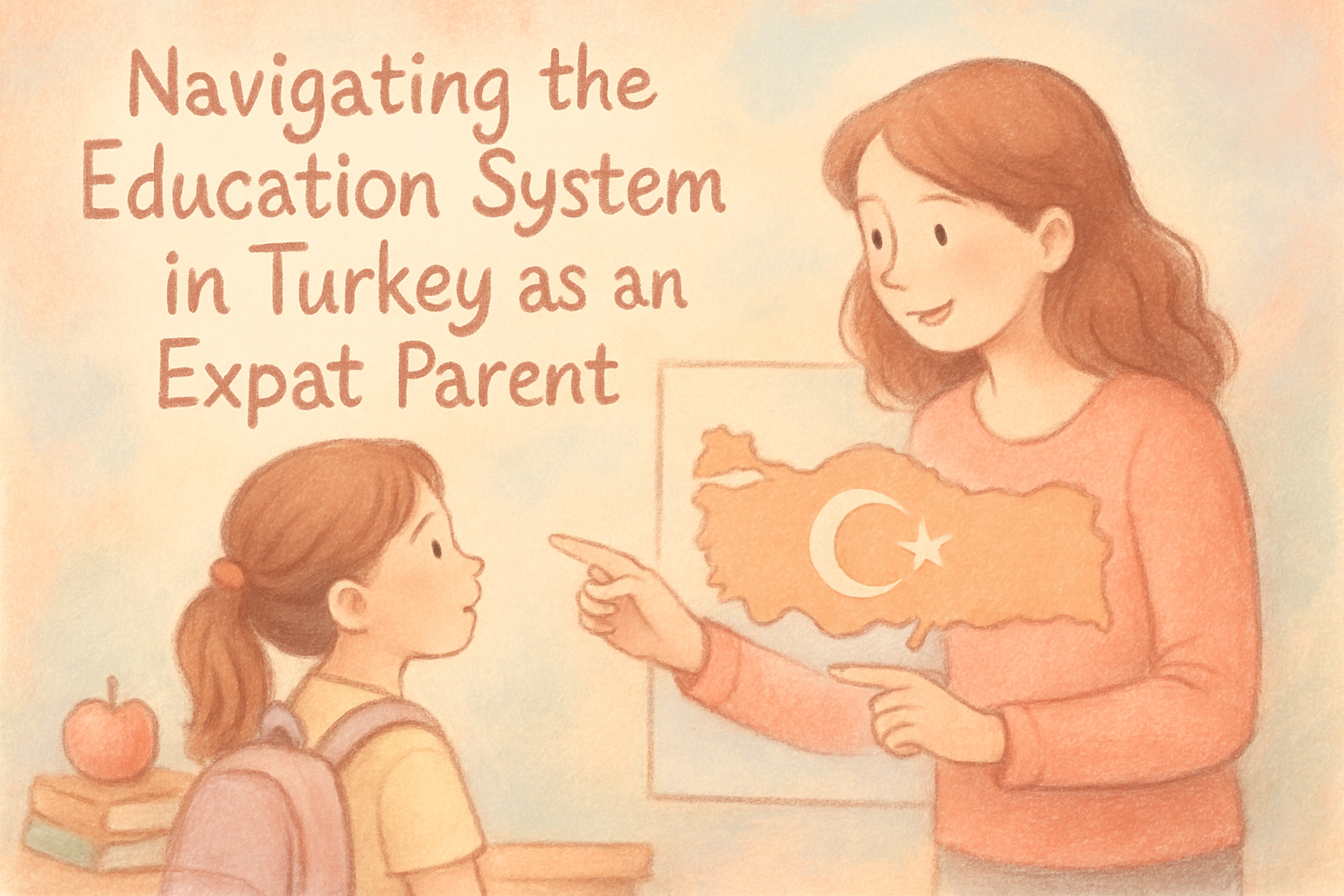Education System in Turkey: A Guide for Expat Parents

Moving to Turkey as an expat opens up new opportunities, but it also brings unique challenges—especially when it comes to your child’s education. Many families need to evaluate school options, language hurdles, and day-to-day logistics to ensure a smooth experience. Deciding on the best path isn’t always easy, but understanding Turkey’s education system will help you make informed decisions your child will benefit from for years to come.
Understanding School Types in Turkey
Turkey offers a diverse range of schools, catering to different needs and backgrounds. Selecting the right one starts with knowing your options.
- Public schools: Free for all residents, with classes taught in Turkish. Public schools follow the national curriculum set by the Ministry of National Education.
- Private Turkish schools: Charge tuition, sometimes offering bilingual programs or extra resources. They often feature smaller class sizes and more extracurricular opportunities.
- International schools: Use foreign curricula (such as British, American, German, or French) and instruct mainly in English or another foreign language. These schools attract expat families and offer globally recognized diplomas.
For instance, public elementary schools are free but may be challenging for children who don’t yet speak Turkish. Meanwhile, international schools offer a familiar, multicultural environment, easing the transition for many expat families.
Admission Processes and Requirements
Admission rules and requirements vary by school type. For public schools, you usually need to provide proof of address and residency. Placement is typically determined by your home address (“catchment area”).
- Residency permit or proof of application
- Child’s birth certificate
- Vaccination records
- Official translation of previous academic records
Private and international schools often require earlier applications. They may conduct entrance exams, interviews, or language assessments. Spaces at top international schools fill up quickly, so starting the process well ahead of time is wise.
Curriculum and Language Considerations
Choosing the right curriculum helps your child adjust and succeed academically. Most Turkish public and private schools teach in Turkish, but private options may offer additional languages. International schools generally follow:
- International Baccalaureate (IB) Programmes
- British National Curriculum (IGCSE/A-Levels)
- American curricula (AP, SAT system)
- German, French, or other national curricula
If your child doesn’t speak Turkish, some private and international schools offer language support programs. At the same time, attending a Turkish school can boost language immersion, helping children become fluent faster, which benefits daily life and cultural adaptation.
School Life and Parental Involvement
Day-to-day school experiences might differ from your home country. School year typically runs from September to June, with holidays in winter and spring. Children usually attend classes from about 8:00 am to 3:00 pm.
- School uniforms are common, especially in public and private Turkish schools
- Extracurriculars include sports, clubs, and arts activities
- Parent-teacher communication is encouraged—some schools provide regular meetings and reports, often in English at international schools
As a practical example, many international schools organize multicultural days or events, giving expat families a chance to connect and build lasting friendships within the community.
Tips for a Smooth Transition
Settling into a new education system takes time, but proactive steps can ease the process for both parents and children.
- Visit shortlisted schools in person or attend virtual open days
- Ask about orientation activities for new families
- Connect with other expat parents—many offer advice and share experiences in local forums or WhatsApp groups
- Consider extra language lessons to boost confidence in Turkish or English
- Keep communication open with teachers to track your child’s adjustment and progress
Building a routine, staying involved, and leveraging school resources will help your child adapt, thrive socially, and meet new academic challenges with confidence. As you weigh your options, keep your child’s needs and interests at the center of each decision.
By researching in advance and connecting with both Turkish and expat communities, you’ll be well prepared to navigate Turkey’s education system and provide a rewarding learning journey for your child.
